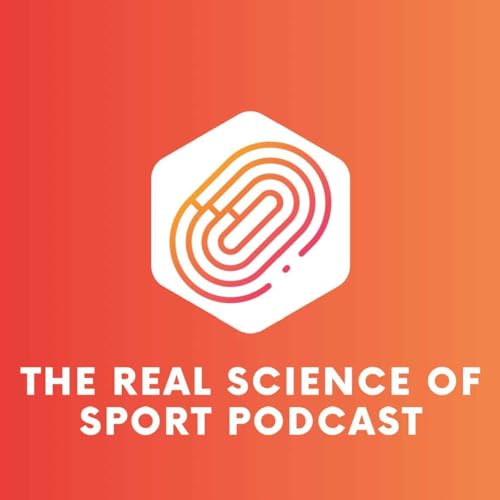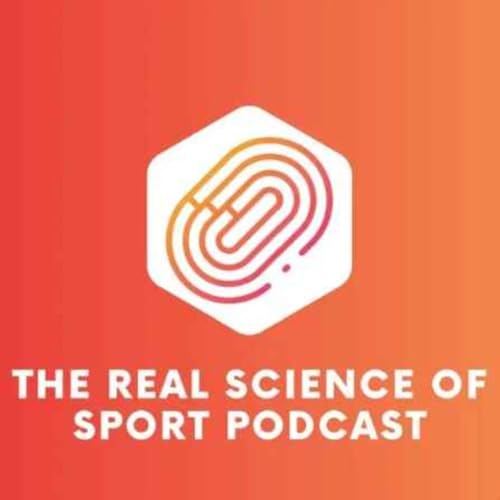Become a Supporter of the Real Science of Sport podcast - a small monthly donation via Patreon is how you do it, and then you'll get access to our listener community who share insights, advice, and opinions of their own, all of which make up shows like this one!
In this Spotlight, Gareth and Ross get philosophical as they cast their eyes over a few topics, starting with Gareth's thoughts on 2026 and our recent podcast where Sean Ingle joined us to look ahead at the sporting year. It's a sporting year that won't include Ross finishing the mountain bike race he planned to, and we talk briefly about goals, burn-out and knowing when to cut your losses!
Then we indulge a passion of the pod - talent ID. This after New Zealand's teen sensation Sam Ruthe broke another national record, this time in the 800m. But how often do these world class middle distance teens kick on and improve? The answer may be surprising, but it does reveal how fraught the talent prediction is, and we discuss whether talent is easier to spot in some sports than others?
Staying on the philosophical theme, Gareth's recent forays into the principles of fitness and his attempts to simplify fitness, have led to fascinating conversations with our Science of Sport Supporters about the potential role of Artificial Intelligence in coaching and performance. Will AI take over from coaches? Can you plan and execute an effective training programme using nothing but AI prompts? Do we need human coaches when the knowledge of the whole world is at our disposal? Who has successfully capitalized on the AI hype, and who has contributed to the growing pile of "AI slop" in the world of sport and sports science? We discuss.
And finally, one of our listeners and a three time guest, Dr Jamie Whitfield, is looking for participants in his latest research trial - if you're in and around Melbourne, here's your chance, details in the pod, links in the show notes!
01:50 Who Tires first? Attack or Defence
11:00 Ross makes his predictions - I will remember
15:34 Sam Ruthe & Talent ID
35:00 Ross & the MTB Race that never was plus heat and fatigue
54:20 AI and can it replace coaching?
01:11:20 Jamie Whitfield invites you to a study - If you live near Melbourne
Links
The Sam Ruthe Youtube video that got Gareth excited
DCRainmakers video on the awful Strava Workout feature
The 5KRunner article on the "Digital God of Fitness"
Sale Sharks plan to use AI, they just aren't quite sure why yet
Interested in the Melbourne study with Jamie Whitfield and Louise Burke?
Hosted on Acast. See acast.com/privacy for more information.
 Feb 6 20261 hr and 20 mins
Feb 6 20261 hr and 20 mins 1 hr and 21 mins
1 hr and 21 mins 1 hr and 33 mins
1 hr and 33 mins 1 hr and 32 mins
1 hr and 32 mins 1 hr and 35 mins
1 hr and 35 mins Jan 27 20261 hr and 17 mins
Jan 27 20261 hr and 17 mins 1 hr and 15 mins
1 hr and 15 mins 1 hr and 20 mins
1 hr and 20 mins
